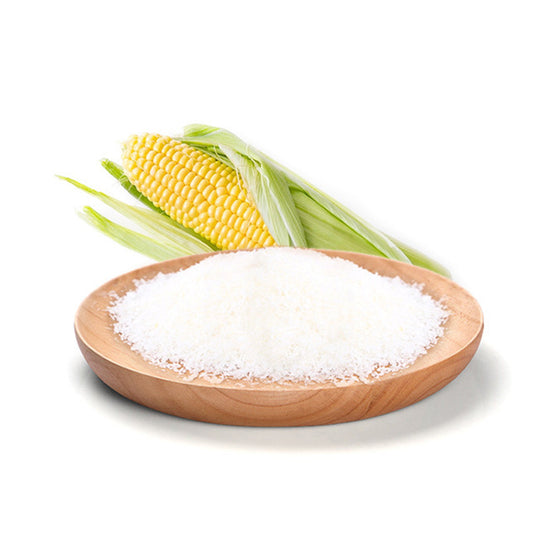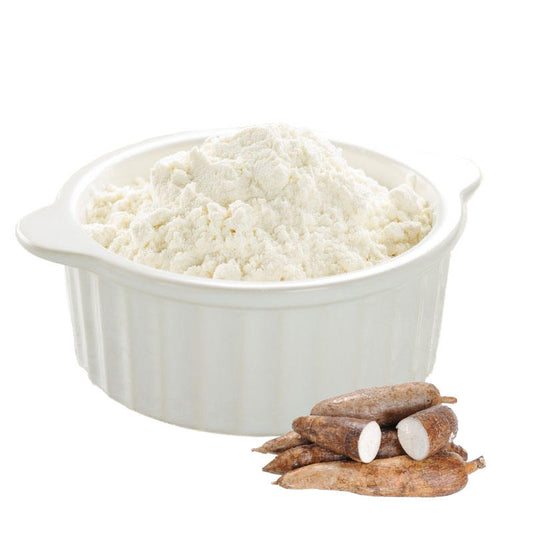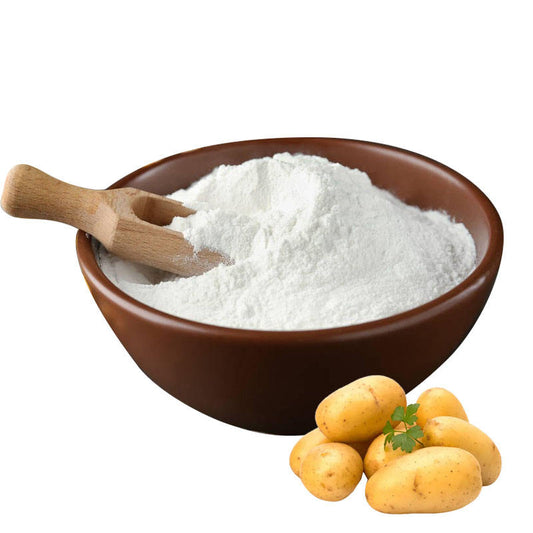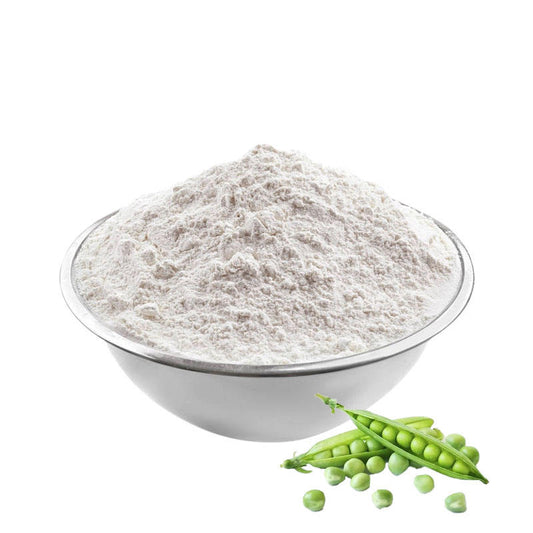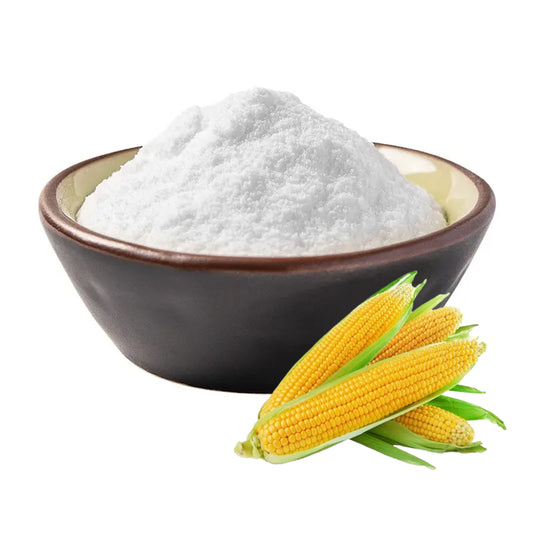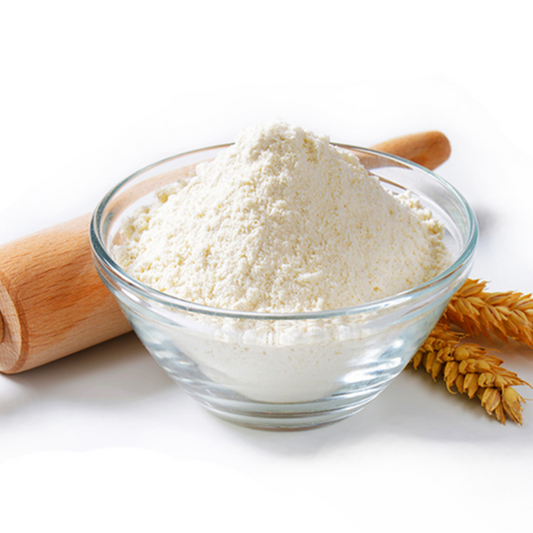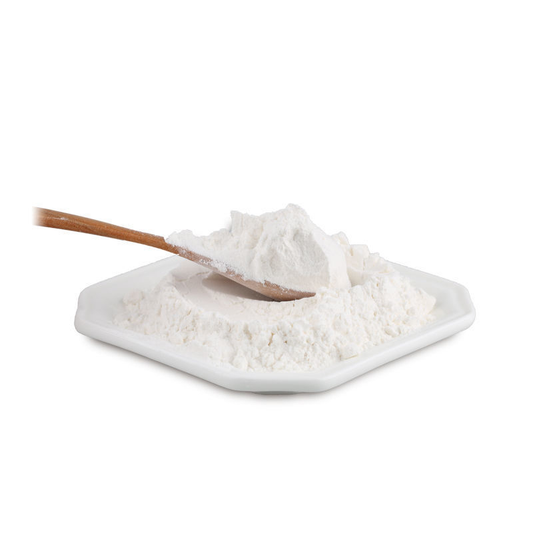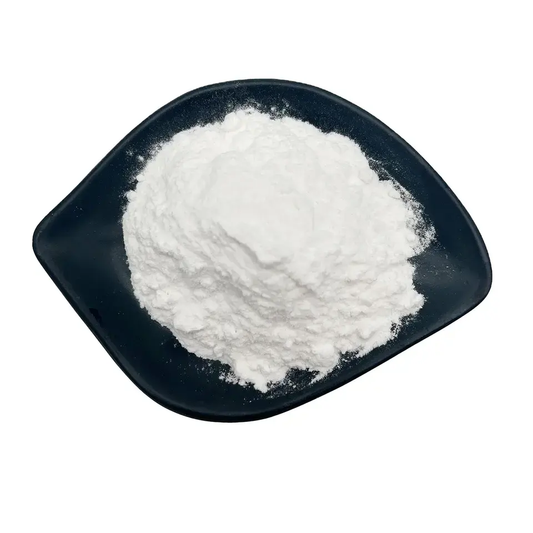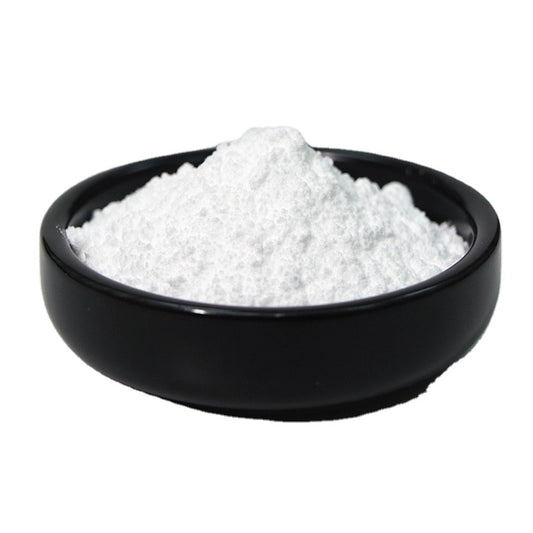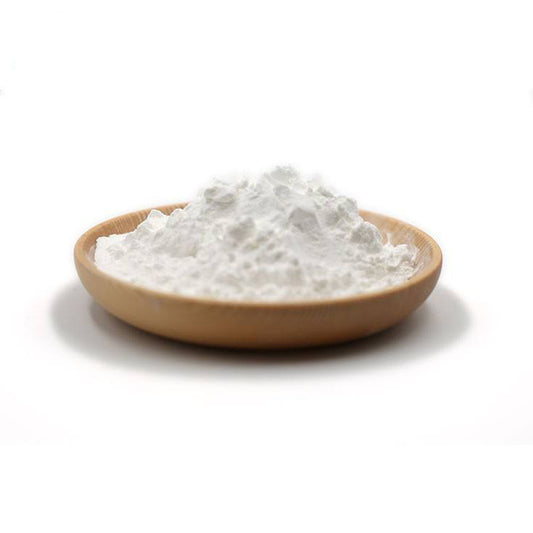-
Modified Corn Starch
Обычная цена $1,000.00Обычная ценаЦена за единицу за -
Modified Cassava Starch
Обычная цена $10,000.00Обычная ценаЦена за единицу за -
Modified Potato Starch
Обычная цена $1,000.00Обычная ценаЦена за единицу за -
Modified Pea Starch
Обычная цена $1,000.00Обычная ценаЦена за единицу за -
Modified Waxy Corn Starch
Обычная цена $100.00Обычная ценаЦена за единицу за -
Modified Wheat Starch
Обычная цена $100.00Обычная ценаЦена за единицу за -
E1401 Acid treated starach
Обычная цена $100.00Обычная ценаЦена за единицу за -
E1404 Oxidized starch
Обычная цена $1,000.00Обычная ценаЦена за единицу за -
E1412 Distarch phosphate
Обычная цена $1,000.00Обычная ценаЦена за единицу за -
E1414 Acetylated distarch phosphate
Обычная цена $1,000.00Обычная ценаЦена за единицу за
Get a Free Quote
Modified Starch
Modified starch, also known as starch derivatives or modified starches, are starches that have been chemically or physically altered to enhance their functionality in various applications. One common type of modified starch is called "pregelatinized starch" or "pre-gel starch." Here are some applications and characteristics of modified starch:
Food Industry: Modified starches find extensive use in the food industry due to their improved functional properties. They can act as thickeners, stabilizers, emulsifiers, or binders in various food products such as sauces, dressings, soups, and baked goods. Modified starches provide better texture, stability, and viscosity control compared to native starches.
Pharmaceutical Industry: In the pharmaceutical sector, modified starch is used as a filler, disintegrant, and binder in tablet formulations. These starches can enhance the tablet's mechanical strength, control drug release, and improve tablet disintegration and dissolution properties.
Paper Industry: Modified starches are employed in the paper manufacturing process as a wet-end additive. They enhance paper strength, increase retention of fillers and fibers, and improve drainage and sheet formation. Modified starches also contribute to improved surface properties and printability of paper.
Textile Industry: In textile applications, modified starch acts as a sizing agent to provide temporary stiffness and strength to the fabric during weaving or knitting processes. It helps prevent yarn breakage and enhances the fabric's appearance and dimensional stability.
Adhesive Industry: Modified starches are used as a natural and eco-friendly alternative to synthetic adhesives in various applications, including packaging, paperboard lamination, and corrugated board production. They provide good adhesion, flexibility, and improved water resistance.
The key characteristics of modified starch include:
a. Increased Stability: Modified starches offer enhanced stability under various processing conditions such as heating, cooling, freezing, and acidic or alkaline environments.
b. Improved Texture and Viscosity: They provide improved thickening and gelling properties, contributing to desirable textures in food products and controlling viscosity in industrial applications.
c. Enhanced Shelf Life: Modified starches can improve the shelf life of food products by increasing their resistance to retrogradation, which refers to the reassociation of starch molecules and subsequent loss of texture and quality.
d. Versatility: Modified starches can be tailored to suit specific applications by adjusting their properties such as viscosity, gel strength, and stability, making them versatile for diverse industries.
e. Clean Label Option: Modified starches derived from natural sources can be labeled as "clean label" ingredients, as they are seen as more natural alternatives to synthetic additives.
Overall, the application of modified starches in various industries enhances product quality, performance, and functionality, making them an important ingredient in numerous consumer and industrial products.
Food Industry: Modified starches find extensive use in the food industry due to their improved functional properties. They can act as thickeners, stabilizers, emulsifiers, or binders in various food products such as sauces, dressings, soups, and baked goods. Modified starches provide better texture, stability, and viscosity control compared to native starches.
Pharmaceutical Industry: In the pharmaceutical sector, modified starch is used as a filler, disintegrant, and binder in tablet formulations. These starches can enhance the tablet's mechanical strength, control drug release, and improve tablet disintegration and dissolution properties.
Paper Industry: Modified starches are employed in the paper manufacturing process as a wet-end additive. They enhance paper strength, increase retention of fillers and fibers, and improve drainage and sheet formation. Modified starches also contribute to improved surface properties and printability of paper.
Textile Industry: In textile applications, modified starch acts as a sizing agent to provide temporary stiffness and strength to the fabric during weaving or knitting processes. It helps prevent yarn breakage and enhances the fabric's appearance and dimensional stability.
Adhesive Industry: Modified starches are used as a natural and eco-friendly alternative to synthetic adhesives in various applications, including packaging, paperboard lamination, and corrugated board production. They provide good adhesion, flexibility, and improved water resistance.
The key characteristics of modified starch include:
a. Increased Stability: Modified starches offer enhanced stability under various processing conditions such as heating, cooling, freezing, and acidic or alkaline environments.
b. Improved Texture and Viscosity: They provide improved thickening and gelling properties, contributing to desirable textures in food products and controlling viscosity in industrial applications.
c. Enhanced Shelf Life: Modified starches can improve the shelf life of food products by increasing their resistance to retrogradation, which refers to the reassociation of starch molecules and subsequent loss of texture and quality.
d. Versatility: Modified starches can be tailored to suit specific applications by adjusting their properties such as viscosity, gel strength, and stability, making them versatile for diverse industries.
e. Clean Label Option: Modified starches derived from natural sources can be labeled as "clean label" ingredients, as they are seen as more natural alternatives to synthetic additives.
Overall, the application of modified starches in various industries enhances product quality, performance, and functionality, making them an important ingredient in numerous consumer and industrial products.


